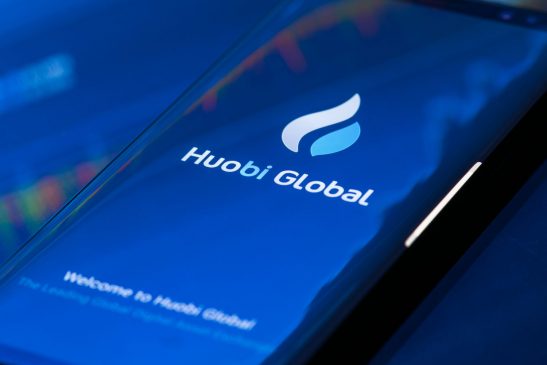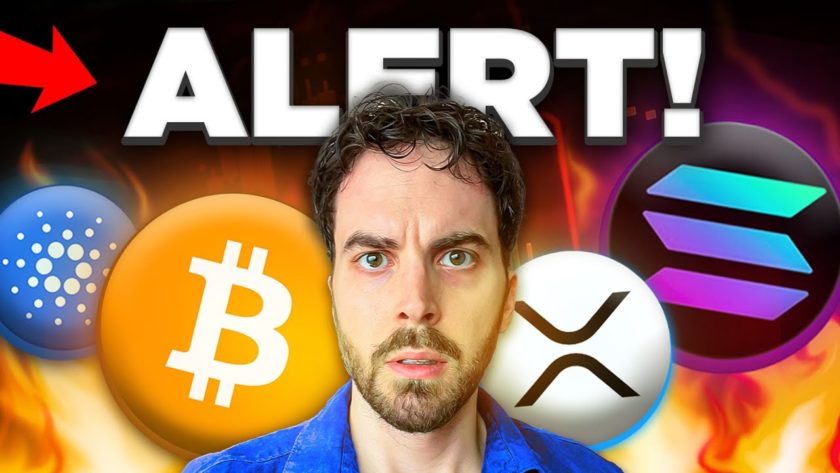Huobi Global said it does not engage in any wash trading, and has taken steps to discourage such activity in the wake of a report implying the crypto exchange reported fake trading volume.
Livio Weng, CEO of Huobi Global, told CoinDesk through a spokesperson that the exchange “is not involved in any wash trading,” and any such actions would go against the exchange’s “core values.”
A report by Bitwise Asset Management which implied that Huobi reported inflated trading volume “surprised” its team, he said, and the exchange “subsequently did a thorough check and review of our system.”
Huobi did not find any evidence of systematic abuse, he said, but added:
“We did identify a few of our market makers conducting what we suspect may have been wash trading for the sake of performance and marketing purposes. We have already communicated with these market makers and they have discontinued the strategies in question.”
Huobi is now in the process of updating its policies so as to avoid potential wash trading issues going forward, he added. Huobi did not immediately respond to a request for further details.
Wash trading occurs when participants collude to sell an asset back and forth to each other at ever-higher prices, creating the illusion of a rising market.
‘Anomalous pattern’
In a report published in March, Bitwise said that Bitfinex, bitFlyer, Binance, Bitstamp, Bittrex, Coinbase, Gemini, itBit, Kraken and Poloniex were the only exchanges that appeared to report genuine trade volumes, citing low arbitrage across these exchanges, as well as their reported volumes in comparison with the overall market.
The asset management firm, which is seeking the U.S. Securities and Exchange Commission’s (SEC’s) approval to launch a bitcoin exchange-traded fund (ETF), published another report on Friday, where it noted that at least one exchange – Huobi – had begun reporting different trade volumes within a few weeks of its initial report.
Huobi had an “anomalous pattern” according to an analysis of its reported trades, which indicated a “resurgence of large trade sizes,” the new report said.
This pattern was “consistent” until the initial Bitwise report was published. “Then it completely disappeared within three weeks.”
Bitwise could not explain why the reported trade volume shifted, though the new report suggested that “those engaging in wash trading at Huobi changed their trade size signatures to be more in line with our detection methods.”
“We also recognize that Huobi might have taken action to clean up wash trading on their platform within that time frame, but that view is challenged by the fact that Huobi’s reported bitcoin trade volume did not meaningfully drop during that time,” Bitwise added.
Image via Shutterstock




